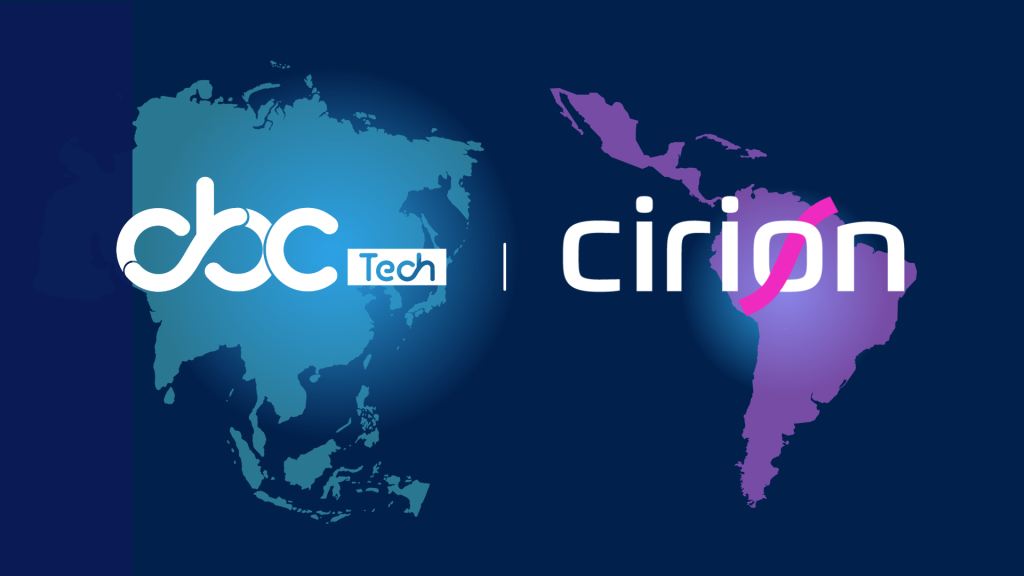What is Business Internet?
Definition and main characteristics
Business Internet is a connectivity solution specially designed to meet the needs of modern organizations. Unlike residential connections, this technology is oriented to guarantee performance, stability, and continuous support for critical operations.
Among its main characteristics are:
-
 Guaranteed bandwidth.
Guaranteed bandwidth. -
 Symmetrical upload and download speed.
Symmetrical upload and download speed. -
 High availability with SLA (Service Level Agreements).
High availability with SLA (Service Level Agreements). -
 24/7 specialized technical support.
24/7 specialized technical support. -
 Enhanced security for the transmission of sensitive data.
Enhanced security for the transmission of sensitive data.

Differences between Business Internet and residential connections
Residential Internet is designed for domestic and shared use, with variable speeds and lower priority in support. On the contrary, Business Internet:
-
 Offers dedicated and non-saturated connections.
Offers dedicated and non-saturated connections. -
 Maintains the same quality of service even during peak hours.
Maintains the same quality of service even during peak hours. -
 Includes SLAs that ensure a fast response time to incidents.
Includes SLAs that ensure a fast response time to incidents.
Key benefits of Business Internet
-

Guaranteed stability and speed
With a connection designed for professional use, your company can operate more efficiently, avoid interruptions, and ensure a superior user experience for both employees and customers.
-

Dedicated connections for businesses
By not sharing the communication channel with other users, Business Internet provides constant performance, ideal for cloud applications, videoconferencing systems, and customer service platforms.
-

Scalability and tailored support
Growing companies require solutions that evolve with their structure. Business Internet is scalable, adaptable to new connection points, traffic volumes, or security requirements. Additionally, it includes specialized technical support that responds quickly and knowledgeably.
Sectors that benefit most from Business Internet
-

E-commerce
Digital businesses need speed, availability, and security to process transactions in real-time and offer a smooth experience to the end-user.
-

Finance and banking
Stability and security are essential to protect financial information, operate with high-demand systems, and comply with sensitive data regulations.
-

Technology companies
Companies that work with data, cloud developments, or digital services depend on stable connectivity to sustain productivity and innovation without interruptions.










